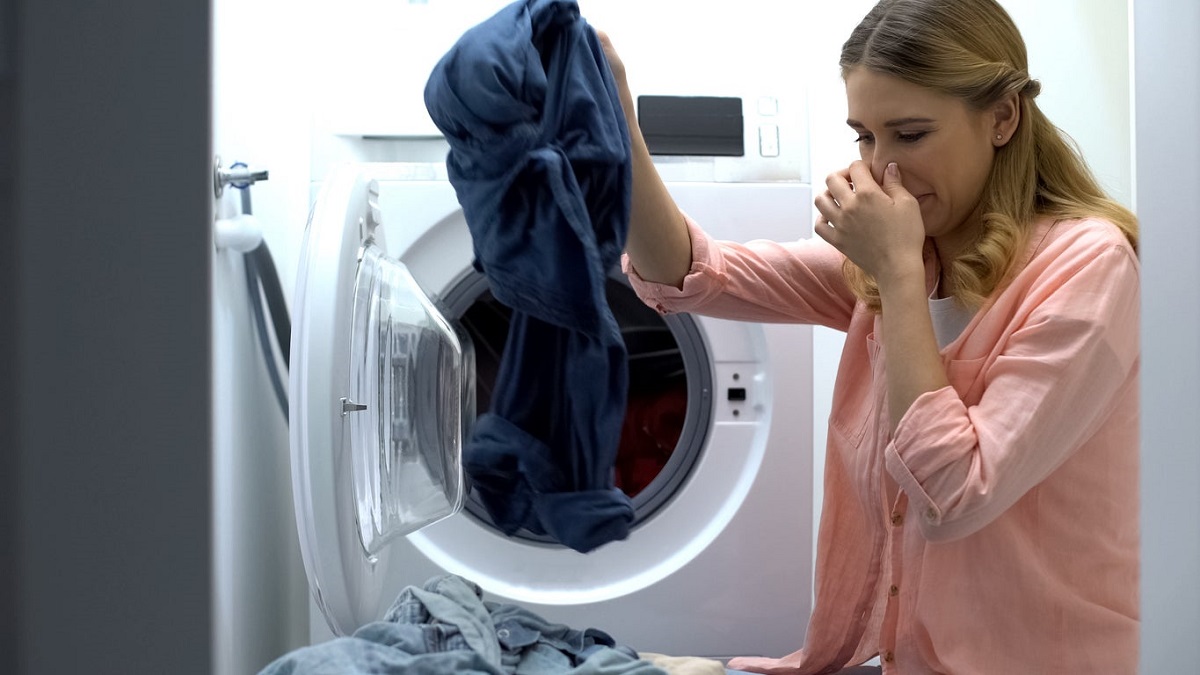

Articles
Why Does Washer Smell
Modified: January 19, 2024
Discover why your washer smells and how to get rid of the odor with these informative articles.
(Many of the links in this article redirect to a specific reviewed product. Your purchase of these products through affiliate links helps to generate commission for Storables.com, at no extra cost. Learn more)
Introduction
Washing machines are a modern convenience that makes our lives easier. They allow us to quickly and efficiently clean our clothes with minimal effort. However, if you’ve ever detected a strange and unpleasant odor emanating from your washer, you’re not alone. A smelly washing machine is a common problem that many people encounter. Understanding the causes of washer smell and learning how to prevent it can help you keep your laundry fresh and clean.
In this article, we will explore the common causes of washer smell and provide useful tips to help you eliminate unpleasant odors from your washing machine. From bacterial growth to mold and mildew buildup, we will dive into the various factors that contribute to the unpleasant smell. By understanding the underlying causes, you can take proactive measures to prevent odor issues and maintain a fresh-smelling washer.
So, if you’ve been wondering why your washer smells or if you’re looking to prevent future odor problems, keep reading. We will walk you through the different factors that contribute to the unpleasant smell and provide practical solutions to keep your washing machine fresh and odor-free.
Key Takeaways:
- Combat washer smell by regularly cleaning, using proper detergents, and practicing good laundry habits. Proper ventilation and maintenance are key to ensuring fresh, odor-free laundry every time.
- Prevent washer smell by addressing bacterial growth, mold buildup, and residue from detergents. Proper loading, ventilation, and cleaning routines are essential for maintaining a fresh-smelling washer and clean laundry.
Read more: Why Does My Washer Smell Burnt
Common Causes of Washer Smell
A smelly washer can be caused by various factors. Here are some of the common culprits that contribute to the unpleasant odor:
- Bacterial Growth in the Washer: The warm and damp environment inside the washing machine is a breeding ground for bacteria. Over time, these bacteria can multiply and cause foul odors.
- Mold and Mildew Buildup: Moisture and leftover detergent residue can create an ideal environment for mold and mildew to thrive. These fungi produce a musty smell that can permeate your laundry.
- Residue from Detergents and Fabric Softeners: Excessive use of detergents and fabric softeners or using the wrong type can lead to a build-up of residue inside the machine. This residue can contribute to a foul smell.
- Clogged Drain or Filter: A clogged drain or filter prevents proper drainage of water, leading to stagnant water in the machine. This can result in a stagnant odor that permeates your clothes.
- Improper Laundry Habits: Overloading the washer, using low-quality detergents, or not allowing the machine to properly dry between washes can contribute to a smelly washer.
Understanding these common causes is crucial in effectively dealing with a smelly washer. By addressing the root cause, you can prevent future odor problems and maintain a fresh-smelling washing machine. In the following sections, we will discuss practical tips to help you combat the unpleasant smell and keep your washer smelling clean and fresh.
Bacterial Growth in the Washer
One of the main culprits behind a smelly washer is bacterial growth. Your washing machine provides an ideal environment for bacteria to thrive and multiply. The combination of warmth and moisture, along with small traces of organic matter from your clothes, creates a perfect breeding ground.
So how does bacterial growth contribute to the unpleasant odor in your washing machine? As bacteria multiply, they release waste products and gases. These byproducts generate a foul smell that can transfer to your clothes during the washing process.
To combat bacterial growth in your washer, it’s important to regularly clean and disinfect the machine. Here are some steps you can take:
- Empty your washing machine: Start by removing any laundry from the machine. Make sure the washer is completely empty before you begin the cleaning process.
- Wipe down the interior: Using a clean cloth or sponge, thoroughly wipe down the inside of the machine. Pay extra attention to areas that are prone to moisture buildup, such as the gasket and detergent dispenser.
- Use a cleaning solution: There are several cleaning solutions you can use to eliminate bacteria and odor from your washer. One effective option is to mix equal parts of white vinegar and water. Pour this solution into the detergent dispenser and run a hot water cycle without any clothes. The vinegar will help kill bacteria and remove any lingering odors.
- Clean the filter and drain: Remove and clean the filter and drain of your washing machine regularly. These areas can collect dirt, lint, and other debris, providing a breeding ground for bacteria. Refer to your manufacturer’s instructions for guidance on how to properly clean these components.
- Leave the door open: After each use, leave the door of your washing machine slightly ajar to allow air circulation and prevent moisture buildup. This will help prevent bacteria growth and reduce the chances of a smelly washer.
By implementing these steps and maintaining a regular cleaning routine, you can effectively combat bacterial growth in your washer and eliminate unpleasant odors. Remember, prevention is key, so be proactive in keeping your washing machine clean and fresh.
Mold and Mildew Buildup
Mold and mildew are common culprits behind the unpleasant smell in a washing machine. These fungi thrive in moist environments, making the damp interior of a washing machine an ideal breeding ground. If left untreated, mold and mildew can not only cause a foul odor, but also pose health risks.
So how does mold and mildew buildup occur in your washing machine? The main contributing factors include excessive moisture, detergent residue, and poor ventilation. When these conditions are present, mold spores can quickly multiply and create a musty smell that can transfer to your clothes.
To combat mold and mildew buildup and prevent a smelly washer, follow these steps:
- Remove wet clothes promptly: Avoid leaving your wet clothes in the washing machine for an extended period. Promptly remove them once the wash cycle is complete to prevent moisture buildup.
- Wipe down the drum and door gasket: Regularly wipe down the drum and door gasket with a clean cloth or sponge. These areas are prone to moisture and detergent residue, providing an ideal environment for mold and mildew to grow.
- Maintain good ventilation: Ensure that your washing machine has proper ventilation to allow air circulation. Leave the door slightly open after each use to allow moisture to evaporate and prevent mold growth.
- Use hot water cycles: Periodically run hot water cycles without any clothes to help kill mold spores and remove any lingering odors. You can add white vinegar or baking soda to the water for additional cleaning and deodorizing properties.
- Choose a proper detergent: Opt for high-quality detergents that are specifically designed to combat mold and mildew. These detergents contain ingredients that can effectively remove mold spores and prevent their regrowth.
- Regularly clean the detergent dispenser: Mold and mildew can accumulate in the detergent dispenser, so it’s important to clean it regularly. Remove the dispenser and wash it with warm, soapy water to remove any residue or buildup.
By following these steps and maintaining good laundry practices, you can prevent the buildup of mold and mildew in your washing machine. A clean and fresh-smelling washer will not only improve the odor of your laundry but also maintain the longevity and efficiency of your machine.
Residue from Detergents and Fabric Softeners
Another common cause of a smelly washer is the buildup of residue from detergents and fabric softeners. Over time, these products can leave behind a sticky residue that can contribute to an unpleasant odor in your washing machine and on your clothes.
The residue from detergents and fabric softeners can accumulate on various parts of the machine, including the drum, detergent dispenser, and even the clothes themselves. This residue can attract dirt, bacteria, and other debris, leading to a foul smell and compromising the cleanliness of your laundry.
To prevent the buildup of detergent and fabric softener residue, consider the following steps:
- Measure detergent accurately: Use the recommended amount of detergent for each load of laundry. Avoid using excessive amounts as it can lead to more residue buildup.
- Choose high-quality detergent: opt for high-quality detergents that are formulated to dissolve completely in water, leaving no residue behind. Look for products specifically labeled as “low-residue” or “high-efficiency” to ensure optimal cleanliness.
- Clean the detergent dispenser: Regularly remove and clean the detergent dispenser to remove any residue buildup. Wash it with warm, soapy water and scrub away any stubborn residue. Allow it to dry completely before reassembling and using it again.
- Run a vinegar cycle: Occasionally, run a hot water cycle with a cup of white vinegar to help dissolve any buildup and eliminate odors. The acidity of vinegar can effectively break down detergent and fabric softener residue.
- Use fabric softener sparingly: Fabric softeners can contribute to residue buildup, so use them sparingly or consider alternative options like dryer balls or dryer sheets. If you prefer using fabric softeners, dilute them with water before adding them to the washer to reduce the concentration and prevent excessive buildup.
- Periodic deep cleaning: Every few months, perform a deep cleaning of your washing machine to remove any stubborn residue. Refer to the manufacturer’s instructions for specific cleaning recommendations for your machine model.
By taking these measures to minimize residue buildup, you can effectively eliminate the unpleasant odor associated with detergents and fabric softeners. Your clothes will come out cleaner, fresher, and free from any lingering smells.
Read more: Why Does Washer Smell Like Rotten Eggs
Clogged Drain or Filter
A clogged drain or filter can be a common culprit behind a smelly washer. Over time, dirt, lint, and other debris can accumulate in these areas, preventing proper drainage and leading to stagnant water inside the machine. This stagnant water can create a foul odor that permeates your laundry.
To prevent and address issues related to a clogged drain or filter, consider the following steps:
- Clean the lint filter: Lint filters are typically located near the agitator or at the bottom of the washer. Regularly remove and clean the filter to remove any lint or debris that may have collected. Consult your machine’s manual for guidance on locating and cleaning the filter.
- Clear the drain hose: Inspect the drain hose for any clogs or blockages. If you notice any obstructions, carefully remove them to restore proper drainage. You can use a plumber’s snake or a long, flexible brush to reach into the hose and remove any debris.
- Run a cleaning cycle: Periodically run a cleaning cycle with hot water and vinegar to help clear any buildup in the drain and filter. The vinegar’s acidity will help dissolve any residue and eliminate odors.
- Check for proper installation: Ensure that the drain hose is properly connected to the drain pipe or standpipe. A loose or improperly installed hose can lead to drainage problems and an accumulation of stagnant water.
- Professional maintenance: If you continue to experience issues with a clogged drain or filter despite your efforts, consider seeking professional maintenance. A technician can inspect the machine thoroughly, clear any stubborn blockages, and ensure optimal drainage.
By regularly cleaning and maintaining your machine’s drain and filter, you can prevent water from stagnating and causing unpleasant odors. Proper drainage will help keep your washer clean and fresh, ensuring that your laundry comes out smelling great.
Improper Laundry Habits
Believe it or not, your laundry habits can also contribute to a smelly washer. Certain practices can inadvertently lead to an accumulation of bacteria, mold, and residue, resulting in an unpleasant odor. To prevent these issues and maintain a fresh-smelling washing machine, consider the following tips:
- Do not overload the washer: Overloading the washer can hinder the proper circulation of water and detergent, causing inadequate cleaning and potential buildup of residue and bacteria. Follow the manufacturer’s guidelines for load capacity to ensure optimal cleaning results.
- Use the right amount of detergent: Using too much detergent can lead to excess residue buildup, while using too little may not effectively clean your clothes. Follow the guidelines on the detergent packaging for the correct amount to use based on the size of your load.
- Avoid using low-quality detergents: Low-quality detergents may not effectively remove dirt and stains, leaving behind residue and contributing to a smelly washer. Invest in high-quality detergents that are designed to dissolve properly and deliver effective cleaning.
- Separate heavily soiled items: Washing heavily soiled items separately can help prevent the transfer of dirt and odor to other clothes. By separating them, you can give them the extra attention and cleaning they need to avoid lingering odors.
- Choose the right water temperature: Different types of laundry require different water temperatures. Use hot water for white or heavily soiled items, warm water for colors, and cold water for delicates. The appropriate water temperature ensures proper cleaning and helps prevent unpleasant odors.
- Allow the washer to dry between loads: To prevent moisture buildup and mold growth, make sure to leave the washer door open between loads, allowing it to dry out fully. This will help reduce the chances of a smelly washer.
By practicing these proper laundry habits, you can minimize the risk of developing a smelly washer. Remember, prevention is key, so maintaining good laundry practices is essential for keeping your washing machine clean, fresh, and odor-free.
To prevent washer smell, run a cleaning cycle with hot water and vinegar, leave the door open to air out, and use a washing machine cleaner regularly.
Tips to Prevent Washer Smell
Preventing a smelly washer requires regular maintenance and a few simple steps to keep your machine clean and fresh. By following these tips, you can help eliminate the unpleasant odor and enjoy clean, odor-free laundry:
- Regular cleaning and maintenance: Clean your washing machine regularly, including the drum, detergent dispenser, filter, and other accessible parts. This helps remove residue, bacteria, and mold that can cause odors. Follow the manufacturer’s instructions for specific cleaning recommendations.
- Using proper laundry detergents and additives: Choose high-quality detergents that are designed to dissolve completely and leave no residue. Additionally, consider using laundry additives like baking soda or vinegar to help remove odors and maintain freshness.
- Appropriate loading and clothing choices: Avoid overloading the washer, as it can prevent proper cleaning and lead to residue buildup. Separate heavily soiled items from lighter ones to prevent odor transfer. Also, check clothing pockets before washing to avoid any potential odor-causing surprises.
- Ensuring good ventilation: Proper ventilation is crucial to prevent moisture buildup and mold growth. After each use, leave the washer door slightly open to allow air circulation and promote drying. If possible, place the machine in a well-ventilated area.
- Checking and cleaning the drain and filter: Regularly inspect and clean the drain hose and filter to prevent blockages and stagnant water. Remove any debris or lint that may have accumulated to maintain proper drainage.
- Avoid leaving wet laundry in the machine: Promptly remove your laundry from the washer once the cycle is complete. Leaving wet clothes in the machine can lead to moisture buildup and contribute to a smelly washer.
- Consider using washing machine cleaner products: There are commercially available washing machine cleaner products specifically formulated to eliminate odors, remove residue, and maintain the cleanliness of your machine. Follow the instructions on the product for effective usage.
- Run regular hot water cycles: Periodically running hot water cycles without any laundry can help flush out bacteria, mold, and residue. This helps keep the machine clean and odor-free.
By implementing these tips into your laundry routine, you can keep your washing machine smelling fresh and ensure clean, pleasant-smelling laundry every time. Remember, regular maintenance and good laundry practices are essential for preventing washer smell and maintaining the longevity of your machine.
Regular Cleaning and Maintenance
Regular cleaning and maintenance of your washing machine are crucial to prevent unpleasant odors and maintain its performance. By following a few simple steps, you can keep your machine clean and fresh, ensuring optimal cleanliness for your laundry:
- Empty the machine and wipe down the interior: Start by emptying the washer and removing any laundry or debris. Use a damp cloth or sponge to wipe down the interior of the machine, paying extra attention to areas prone to moisture buildup, such as the drum, door gasket, and detergent dispenser.
- Clean the detergent dispenser: Remove the detergent dispenser, if possible, and clean it thoroughly. Rinse it with warm water to remove any residue or buildup. For stubborn residue, use a toothbrush or small brush to scrub away the dirt.
- Inspect and clean the filter: Check your washing machine’s manual for instructions on how to locate and clean the filter. Remove any debris or lint that may have accumulated, as a clogged filter can hinder proper drainage and lead to odor retention.
- Run a cleaning cycle: Periodically run a cleaning cycle with hot water and a cleaning agent specifically designed for washing machine maintenance. These cleaning agents help remove residue, bacteria, and odors that may have accumulated over time. Follow the product instructions for dosage and usage.
- Leave the door open: After completing your laundry, leave the door of the washing machine slightly ajar. This allows air to circulate and helps prevent the growth of bacteria and mold. It also allows the moisture to evaporate, reducing the chances of a smelly washer.
- Check and clean the drain hose: Inspect the drain hose regularly for any kinks, blockages, or damage. Clean the hose if necessary, as clogs can prevent proper drainage and lead to stagnant water and odors. Use a plumber’s snake or a long brush to clear any debris.
- Periodic professional maintenance: Consider scheduling professional maintenance for your washing machine. A technician can perform a thorough inspection, clean hard-to-reach areas, and address any underlying issues that may contribute to a smelly washer.
By incorporating these cleaning and maintenance practices into your washing machine care routine, you can prevent odors, extend the lifespan of your machine, and ensure clean and fresh laundry. Regular maintenance is key in maintaining a hassle-free and pleasant laundry experience.
Read more: Why Does My Washer Smell Like Sewer
Using Proper Laundry Detergents and Additives
The choice of laundry detergents and additives can significantly impact the cleanliness and smell of your laundry as well as the overall condition of your washing machine. Using the right products can prevent residue buildup, eliminate odors, and maintain the freshness of your clothes. Follow these tips to ensure you’re using proper laundry detergents and additives:
- Choose high-quality detergents: Opt for high-quality laundry detergents that are specifically formulated to dissolve completely in water and leave no residue behind. Look for detergents that are suitable for your machine type and the type of laundry you regularly wash.
- Read and follow dosage instructions: Follow the manufacturer’s instructions regarding the recommended amount of detergent to use per load. Overusing detergent can lead to residue buildup, while underusing may not effectively clean your clothes.
- Consider liquid vs. powdered detergents: Both liquid and powdered detergents can effectively clean your clothes. However, certain washing machine models may work better with one type over the other. Check your machine’s manual for recommended detergent types.
- Use additives for odor control: If you frequently deal with stubborn odors, consider using additives specifically designed to combat unpleasant smells. Baking soda and white vinegar are natural additives that can help eliminate odors and neutralize acidic residues. Follow the instructions on the packaging for proper usage.
- Avoid excessive use of fabric softeners: While fabric softeners can impart a pleasant scent to your laundry, using them excessively can contribute to residue buildup. Follow the recommended dosage and consider using alternative options such as dryer balls or dryer sheets.
- Use chlorine bleach judiciously: Chlorine bleach can be effective at removing stains and odors, but it should be used with caution. Overusing bleach can damage fabrics and contribute to the breakdown of elastic materials. Follow the instructions on the bleach bottle carefully and consider using non-chlorine bleaches for more delicate items.
- Consider enzyme-based detergents: Enzyme-based detergents contain enzymes that can help break down tough stains and odors. These detergents are ideal for heavily soiled laundry or items that require extra cleaning power.
- Be aware of fabric-specific detergents: Certain fabrics require special care, and using detergents specifically designed for them can help maintain their quality and prevent buildup. For example, wool or silk detergents are formulated to be gentle and safe for delicate fabrics.
By using the proper laundry detergents and additives, you can effectively clean your clothes, eliminate odors, and prevent residue buildup. These small adjustments in your laundry routine can make a significant difference in maintaining a fresh-smelling washer and ensuring clean and pleasant-smelling laundry.
Appropriate Loading and Clothing Choices
Proper loading techniques and clothing choices can make a significant difference in preventing a smelly washer and maintaining odor-free laundry. By following these tips, you can ensure optimal cleaning and freshness:
- Avoid overloading the washer: Overloading the washer can lead to inadequate cleaning and insufficient water and detergent circulation. This can contribute to residue buildup and a smelly washer. Follow the manufacturer’s guidelines for load capacity to ensure optimal cleaning results.
- Separate heavily soiled items: Separating heavily soiled items, such as muddy clothes or sports uniforms, from lightly soiled ones can prevent dirt and odors from transferring to other garments. Washing heavily soiled items separately allows for thorough cleaning and avoids potential odor issues.
- Choose appropriate water temperature: Check the care labels on your clothing items to determine the recommended water temperature. Hot water is ideal for white or heavily soiled items, warm water for colors, and cold water for delicate fabrics. Using the appropriate water temperature ensures effective cleaning and helps prevent odors.
- Pre-treat stains: Treat stains before washing to help ensure their complete removal. Follow the instructions on the stain remover product to eliminate any potential sources of odor. Stubborn stains that are not properly treated can lead to lingering smells on your clothing.
- Inspect pockets before washing: Before tossing your clothes into the washing machine, check the pockets for any forgotten items. Items like tissues, paper scraps, or even loose change can cause odors or damage your laundry. Removing these objects beforehand can prevent potential odor issues.
- Turn clothing inside out: Turning your clothes inside out before washing can help prevent the transfer of body oils, sweat, and odor-causing bacteria to the outer layers of the garment. This can contribute to fresher-smelling laundry.
- Use appropriate laundry bags or delicates bags: Delicate or small items like lingerie, socks, or baby clothes can easily get tangled or lost in the washing machine. Using laundry bags or delicates bags protects these items, prevents damage, and helps maintain their freshness.
- Avoid leaving wet laundry in the machine: Always remove your laundry from the machine promptly after the wash cycle is complete. Leaving clothes sitting in the machine for too long can lead to moisture buildup, which can result in a smelly washer and musty-smelling clothes.
By following these loading techniques and making appropriate clothing choices, you can maintain a fresh-smelling washer and enjoy clean, odor-free laundry. These small adjustments in your laundry routine go a long way in preventing unpleasant odors and ensuring fresh and pleasant-smelling clothes.
Ensuring Good Ventilation
Good ventilation is essential for preventing a smelly washer and maintaining a fresh-smelling laundry area. Proper air circulation helps reduce moisture buildup and prevents the growth of bacteria and mold. Follow these tips to ensure good ventilation in your laundry space:
- Leave the washer door open: After completing a laundry cycle, leave the washer door slightly ajar to allow air to circulate inside the machine. This helps dry out any remaining moisture, preventing the growth of bacteria and mold that can lead to unpleasant odors.
- Open windows and doors: If possible, open windows and doors near the washing machine to promote cross-ventilation. Fresh outdoor air can help flush out any stagnant air and moisture, keeping the laundry area fresh and preventing odor buildup.
- Use exhaust fans or vents: Turn on any exhaust fans or vents in the laundry area to promote air circulation. These fans help remove moist air and prevent it from lingering in the space. If you don’t have an exhaust fan, consider installing one to improve ventilation.
- Keep the laundry area clean: Regularly clean the laundry area, including floors, countertops, and any surfaces surrounding the washing machine. Dust and dirt can contribute to unpleasant odors and affect the overall freshness of your laundry space.
- Ensure proper dryer ventilation: If you use a dryer, ensure that the vent hose is properly connected and free of any obstructions. A clogged or poorly connected vent can lead to moisture buildup and cause musty smells in the laundry area.
- Avoid storing damp items: Do not store damp clothing or laundry-related items in the laundry area. Moisture from damp items can contribute to a damp environment and promote the growth of mold and mildew.
- Consider a dehumidifier: If your laundry area is prone to high humidity levels, consider using a dehumidifier. A dehumidifier helps reduce moisture in the air, preventing the growth of mold and mildew and maintaining a fresh and dry environment.
- Regularly clean ventilation ducts: If your washing machine is connected to a ventilation duct, ensure that it is regularly cleaned and free of debris. Clogged ducts can restrict airflow and hinder proper ventilation.
By ensuring good ventilation in your laundry area, you can prevent the accumulation of moisture, mold, and bacteria that contribute to a smelly washer. A well-ventilated space promotes freshness and ensures that your laundry comes out clean and odor-free.
Conclusion
A smelly washer can be quite unpleasant, but with the right knowledge and practices, you can prevent and eliminate the odors, ensuring clean and fresh laundry. By addressing common causes such as bacterial growth, mold and mildew buildup, residue from detergents and fabric softeners, clogged drains or filters, and improper laundry habits, you can effectively tackle the root of the problem.
Regular cleaning and maintenance, using proper laundry detergents and additives, appropriate loading and clothing choices, and ensuring good ventilation are key in preventing a smelly washer. Cleaning your machine regularly, following dosage instructions, separating heavily soiled items, and properly ventilating the laundry area are all simple steps that make a significant difference in maintaining a fresh and clean-smelling washer.
Remember to always practice proper laundry habits, such as using the appropriate amount of detergent, inspecting pockets before washing, and avoiding overloading the washer. By being mindful of these habits, you can prevent residue buildup, minimize odors, and ensure optimal cleanliness for your laundry.
In conclusion, a smelly washer is a common issue, but it is not something you have to live with. By implementing the tips and strategies outlined in this article, you can maintain a fresh and odor-free washing machine, resulting in clean and pleasant-smelling laundry every time you wash. By taking care of your washer and practicing proper laundry habits, you can enjoy the convenience of this modern appliance without any unpleasant odors. So go ahead, put these tips into action, and say goodbye to a smelly washer for good!
Frequently Asked Questions about Why Does Washer Smell
Was this page helpful?
At Storables.com, we guarantee accurate and reliable information. Our content, validated by Expert Board Contributors, is crafted following stringent Editorial Policies. We're committed to providing you with well-researched, expert-backed insights for all your informational needs.

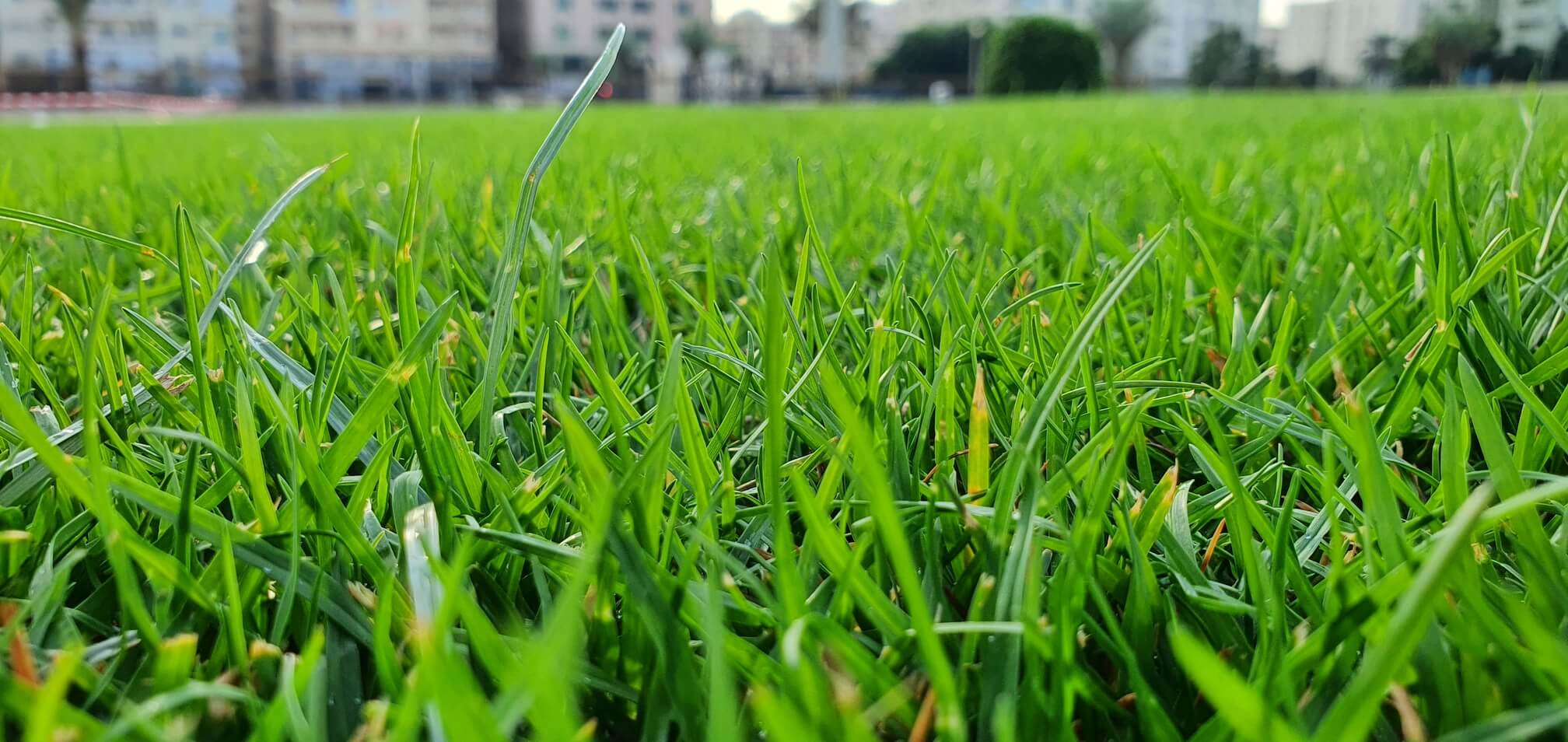

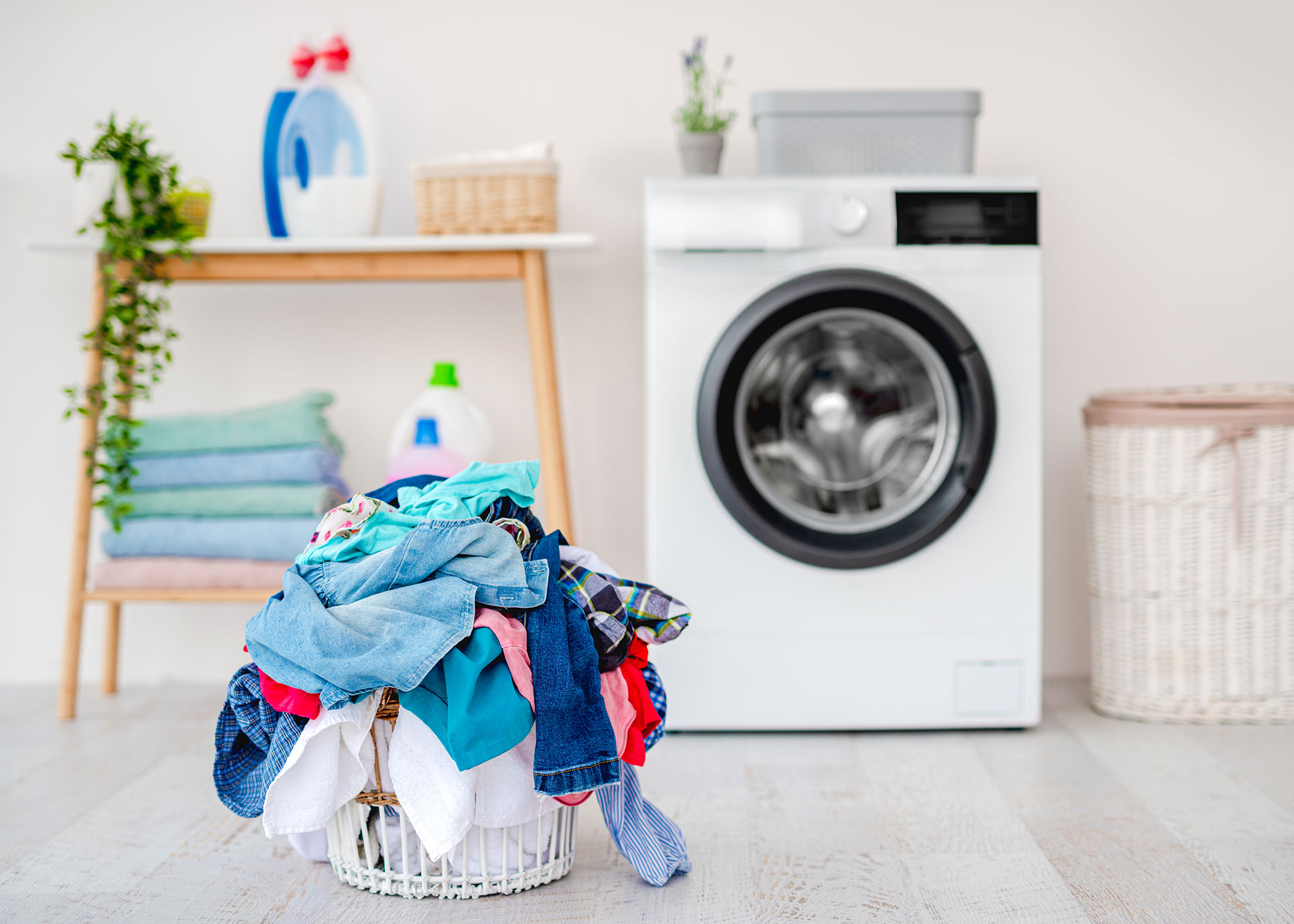
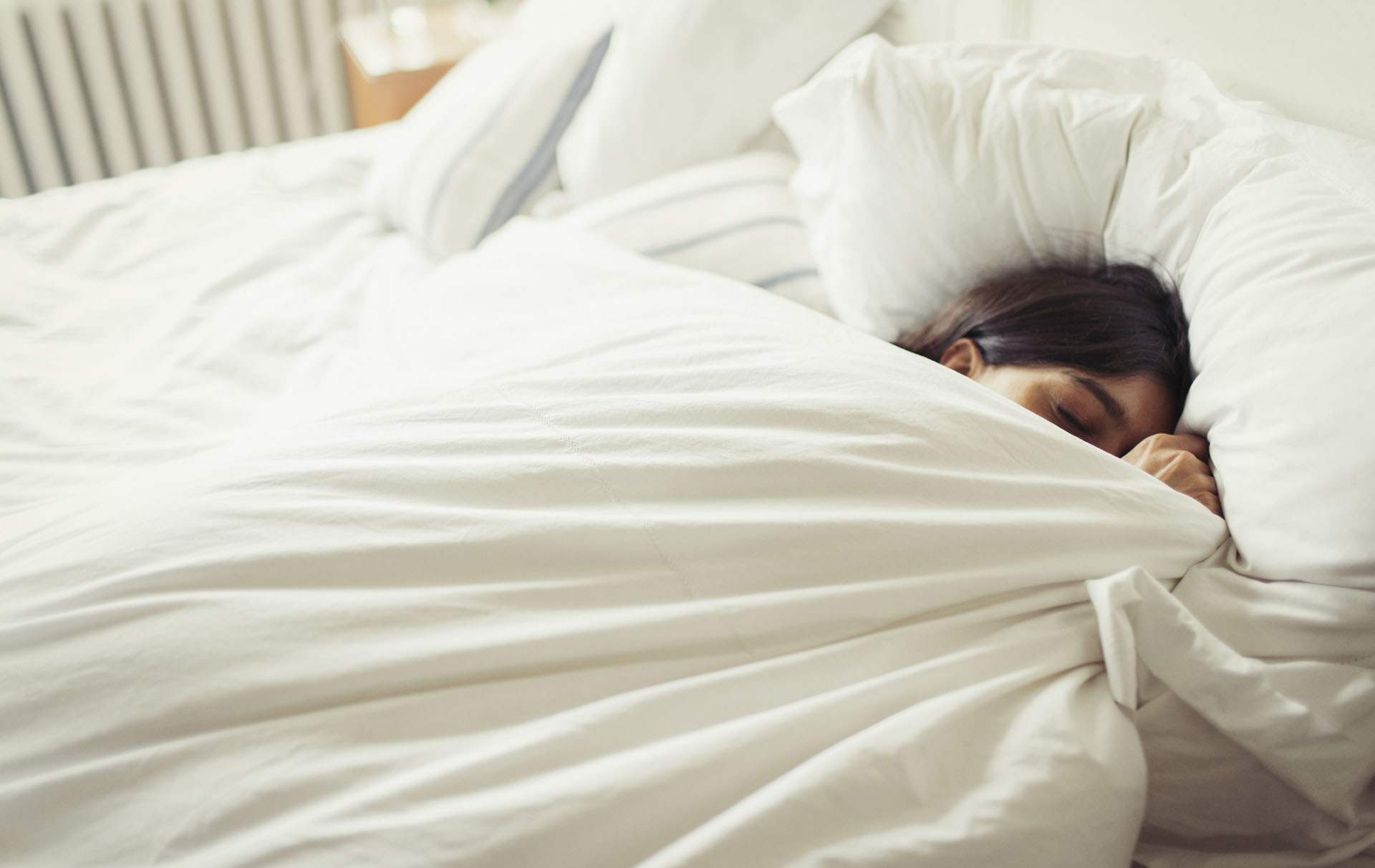

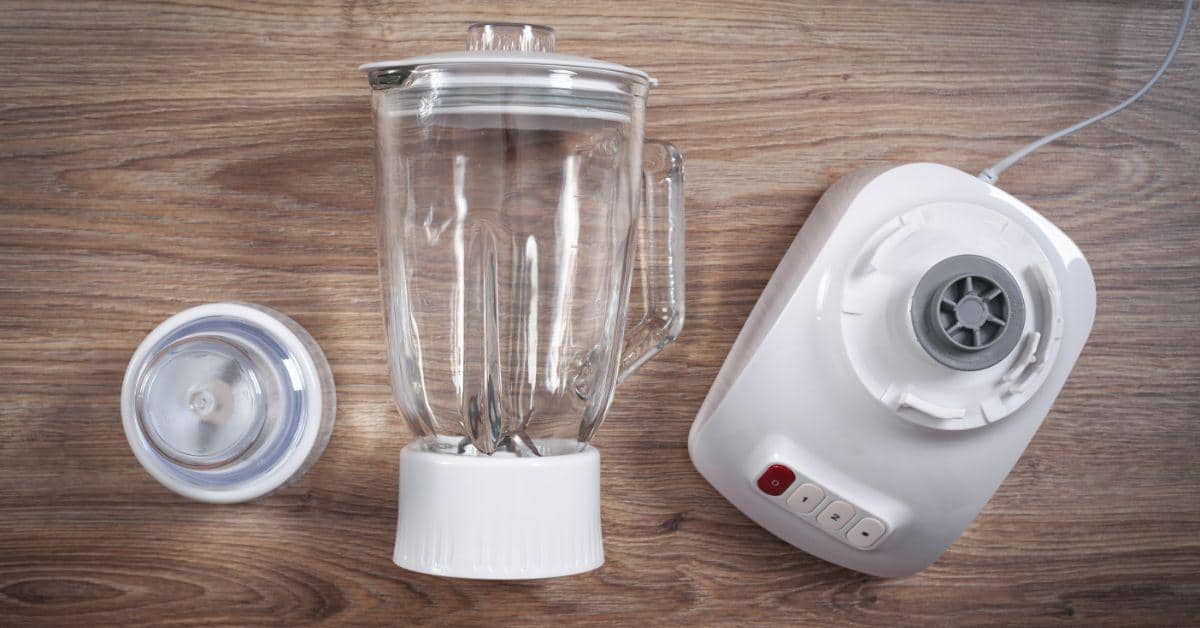
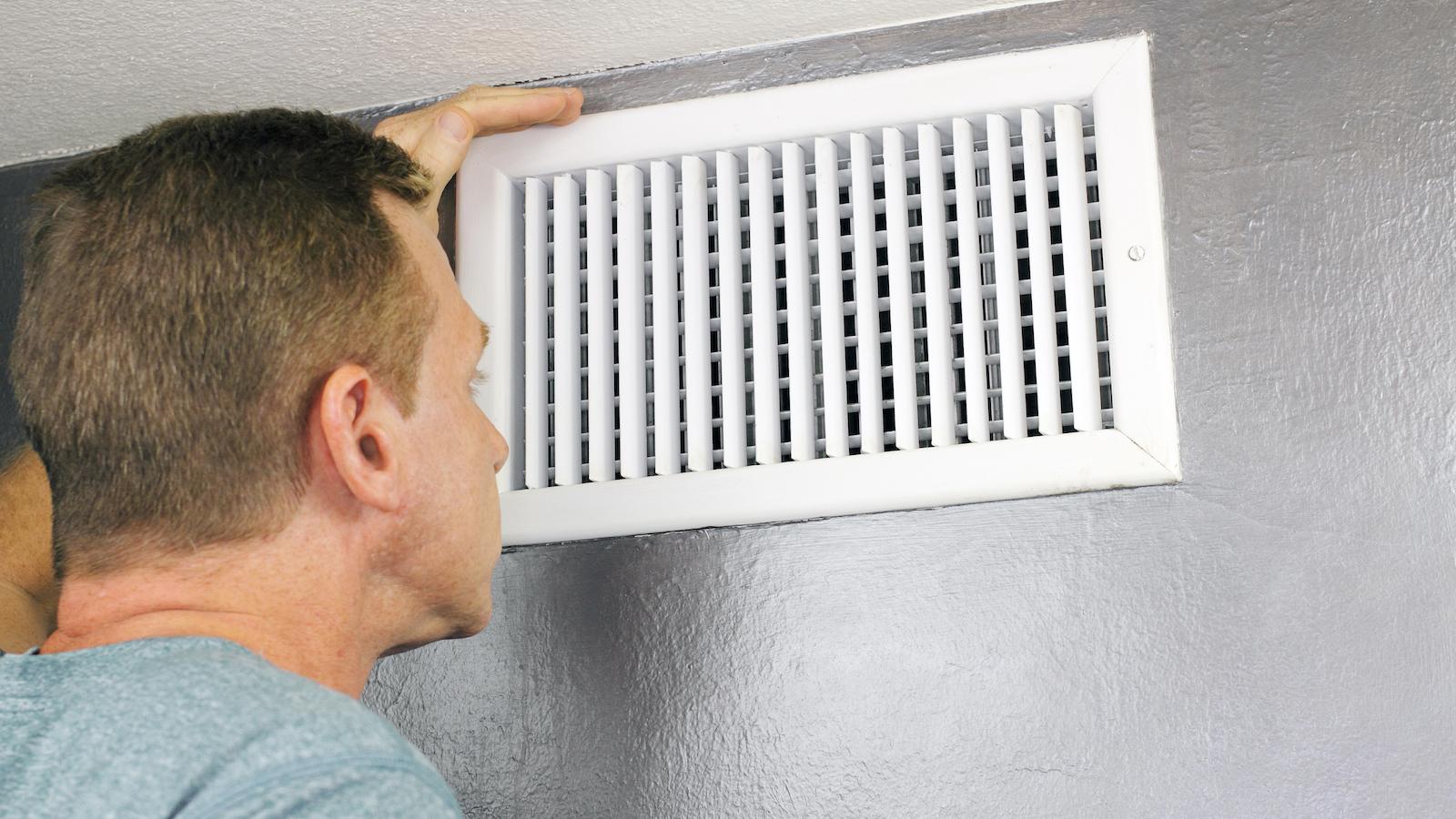


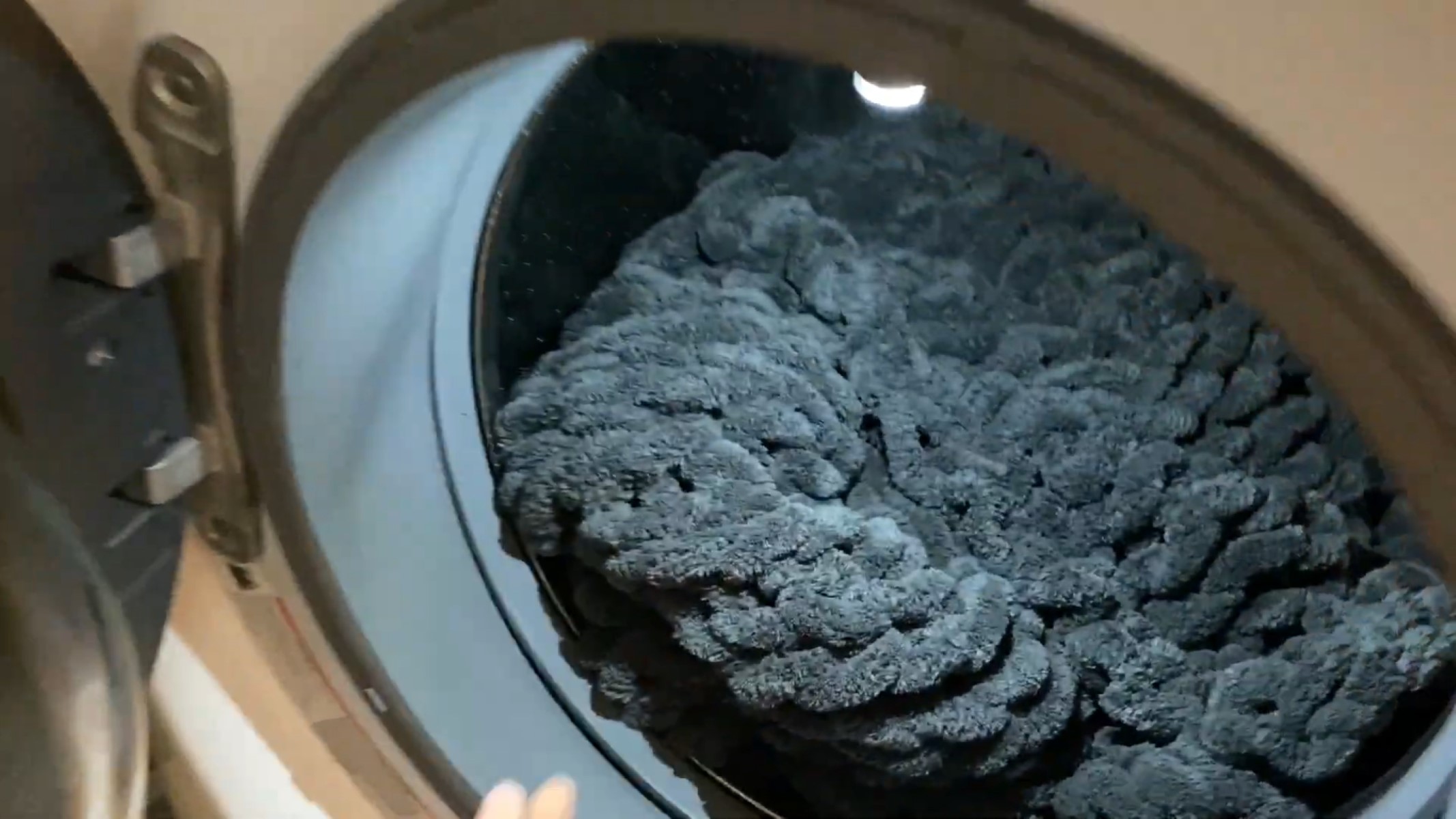



0 thoughts on “Why Does Washer Smell”